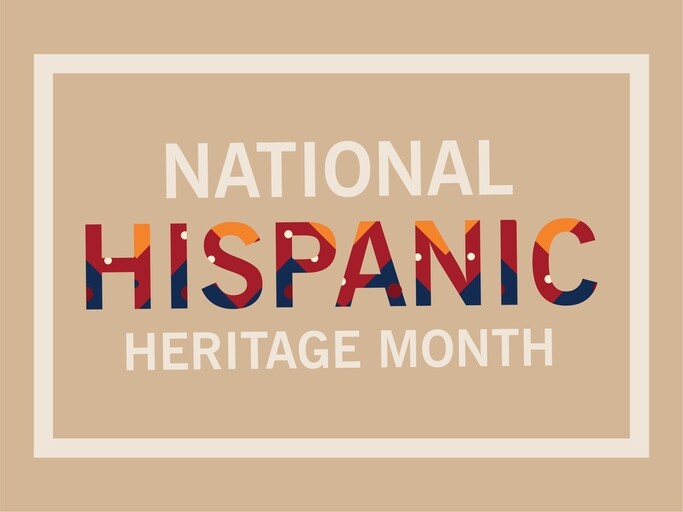
According to the 2017 U.S. Census Bureau population estimate, there are 58.8 million Hispanics living in the United States, with New Jersey among the states with the largest Hispanic populations. According to the Centers for Disease Control and Prevention (CDC), Hispanics in the U.S. are more likely to develop chronic health conditions such as cancer, cardiovascular disease, diabetes and obesity. In light of COVID-19, these underlying medical conditions put Hispanics/Latinos at increased risk for severe illness from COVID-19.
Consider these additional facts from the CDC:
- Hispanics/Latinos are about 50% more likely to die from diabetes or liver disease than non-Hispanic whites.
- Compared to non-Hispanic whites, Hispanics are 22% less likely to have controlled high blood pressure.
- Hispanic/Latinos have a colorectal cancer screening rate that is 28% lower than that of non-Hispanic whites.
- The rate of diagnosed diabetes is 66% higher among Hispanics/Latinos than among non-Hispanic whites.
- The proportion of Hispanic adults with obesity is about 20% higher than non-Hispanic whites.
Some other health conditions and risk factors that significantly affect Hispanics are asthma, chronic obstructive pulmonary disease, HIV/AIDS, obesity, suicide, and liver disease.
“It is important to reduce health disparities among Hispanic and other racial and ethnic populations with the highest burden of chronic disease,” says Carol Mendez, MD, a Family Medicine physician at Summit Health. “There are many ways to improve health outcomes and address health gaps, including promotion of physical activity and healthy behaviors, cultural practices, as well as community-driven strategies that fully engage community members. As a physician, I also encourage my patients to actively partner with their health care providers to attain the best health possible.”
Learn more about health initiatives important for Hispanic health. Visit the CDC or the U.S. Department of Health and Human Services Office of Minority Health.
